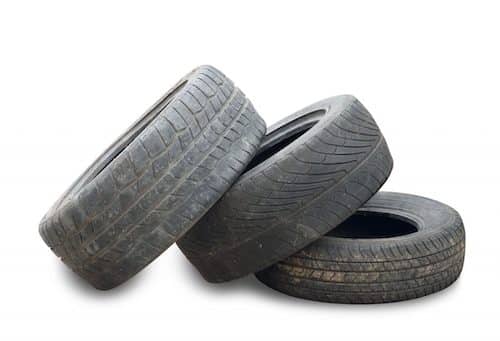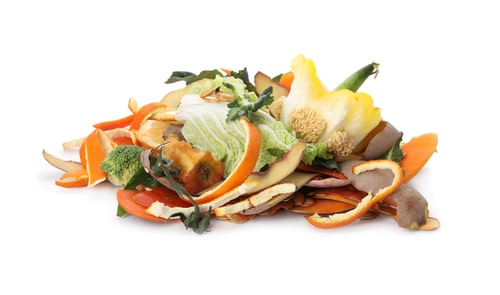Yard Waste is plentiful this time of year…
With summer in full swing and yardwork on everyone’s mind, we want to help you do your part and reduce improper yard waste disposal!
Yard waste includes leaves, branches, grass clippings, and shrubs. The EPA estimates that the generation of yard trimmings within municipal solid waste (MSW) was 35.2 million tons in 2017, which is 13.1% of total MSW generation! In addition to taking up much needed space within landfills, the breakdown of yard waste in landfills creates methane emissions and leachate. Methane is a strong greenhouse gas that is flammable, explosive, and nearly undetectable. Leachate is the liquid that forms from decomposing materials in the landfill that has the potential to enter water sources.
Luckily, there are ways to limit both potentially harmful substances within our local landfills!
One method is using a mulching mower to mulch your grass clippings and leaves back into your lawn, which can be easier than bagging it all up and adding it to your trash pickup. This practice can also aid in preventing weeds from spreading in your lawn!
Another way to get rid of your yard waste is to add it to your compost pile! And now is as great a time as any to begin composting, if you aren’t already!
All composting requires three basic ingredients:
- Browns – This includes materials such as dead leaves, branches, and twigs.
- Greens – This includes materials such as pulled weeds, grass clippings, vegetable and fruit scraps, and coffee grounds.
- Water – Having the right amount of water, among your greens and browns is important for compost development.
The brown materials provide carbon for your compost, the green materials provide nitrogen, and the water provides moisture to help break down the organic matter. Your compost pile should have an equal amount of browns to greens. Make sure to alternate layers of the greens and browns within your pile as well. Visit the EPA’s link on this here.
How To Compost At Home is a nice how to guide for new composters.
Lastly, if these home solutions do not work for you, the District offers yard waste drop off locations! Please visit www.timetorecycle.org to find one near you.
Remember, every little bit helps! So please try to reduce your yard waste by mulching, home composting, or using a District yard waste drop off. Together, we can keep organic materials out of the landfill and reduce greenhouse gas emissions!
Check out the video below from Commissioner Ron Amstutz! Thanks, Commissioner for providing this example for our residents!


